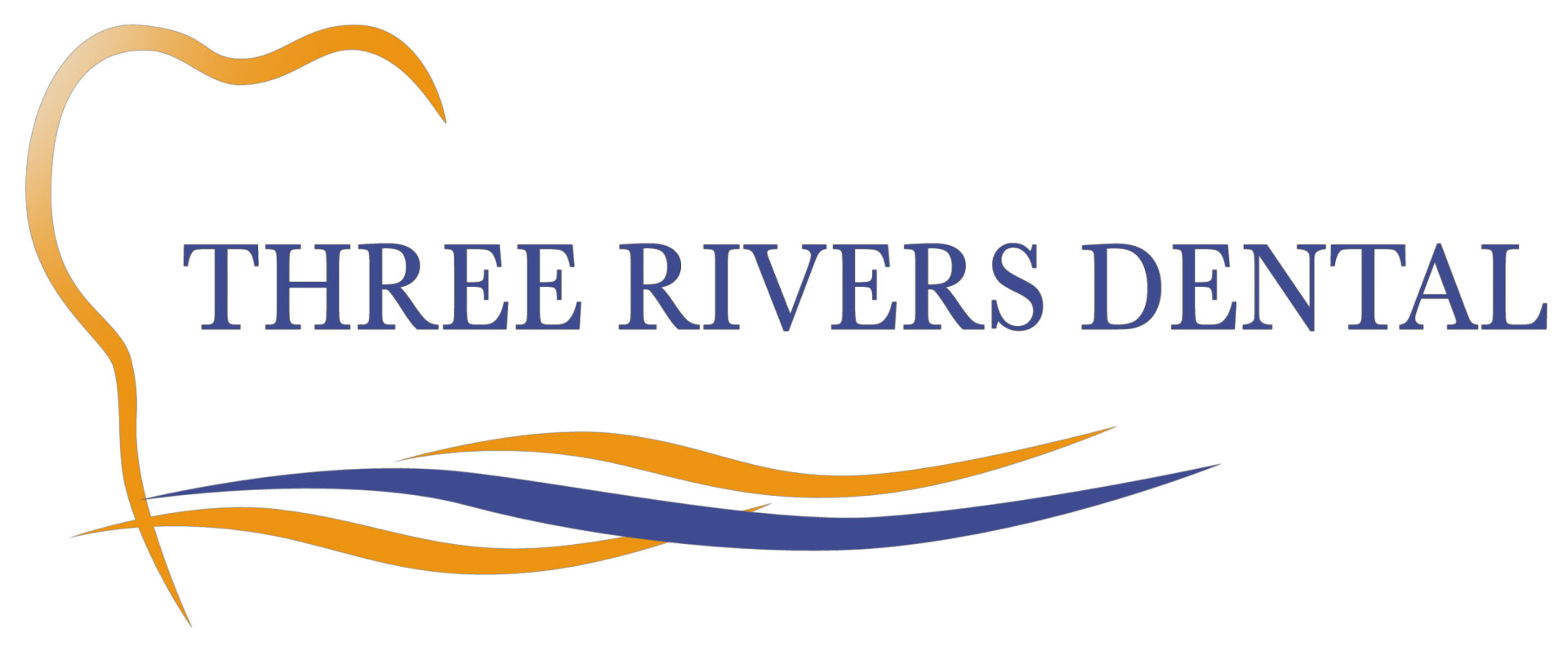Tooth decay is a common issue affecting both children and older adults alike. Dental sealants protect teeth from cavities and tooth decay. Learn more about the benefits of dental sealants and how good oral hygiene can help prevent cavities while keeping teeth and gums healthy.
Common Oral Health Concerns for Children and Older Adults
Molars are used for chewing and grinding food and are often the most under-brushed areas of teeth. According to Health News, research has shown that of all dental caries, about 66% of dental cavities occur on molars. When left untreated, plaque, gingivitis, and tartar buildup can cause damage to healthy teeth and gums, denture plates, and dental implants.
Cavities are one of the most common chronic diseases of childhood in the United States. Children who need assistance with brushing and flossing teeth are often affected by tooth decay. In fact, according to the CDC, more than half of children aged 6 to 8 have had a cavity in at least one of their baby (primary) teeth and more than half of adolescents aged 12 to 19 have had a cavity in at least one of their permanent teeth.
The CDC also reports nearly all adults aged 65 and older have had at least one cavity, and 1 in 5 have untreated tooth decay. A high percentage of older adults are also affected by gum disease. Taking action steps to address oral health issues from adolescence through adulthood can prevent tooth decay and save smiles.
Preventative Maintenance for Healthy Teeth and Gums
The grooves in our teeth can trap food particles, bacteria, and plaque. Over time, this buildup can lodge itself into gum pockets or sockets. Food traps negatively impact healthy teeth and gums. When not brushed or rinsed away, this build-up can lead to tooth decay.
Keep teeth healthy and strong by taking action steps to prevent tooth decay:
- Drink plenty of fluoridated water, particularly if affected by dry mouth.
- Brush natural teeth with fluoride toothpaste twice a day.
- Floss daily between teeth and under the gum line to remove food particles and dental plaque.
- Rinse after eating.
- Visit a dentist regularly for professional dental cleanings and exams.
Cavities are notorious for trapping food, providing a breeding ground for bacteria to cause severe toothache, infection, or worse, tooth loss. The best way to prevent tooth decay is to brush and floss daily and visit the dentist regularly. Good oral hygiene can also help prevent gum inflammation and gingivitis, but for some, may not be enough to prevent cavities.
Benefits of Dental Sealants
Brushing and flossing can remove food particles and plaque from teeth, but for hard-to-reach areas, may not always properly clean the inner grooves or back of teeth. A dental sealant is a thin, protective coating painted on the chewing surface of teeth to prevent tooth decay. Sealants work by creating a barrier to prevent cavity-causing bacteria and food particles from getting trapped in the grooves of teeth.
Oral health is critical for children to help prevent cavities, premature tooth loss, and dental decay from getting worse. Baby teeth play an important role in holding correct spacing for permanent teeth. Dental sealants are often applied to children’s permanent molars once they have erupted through the gums. In some cases, sealants may be applied to a primary molar with deep grooves to reduce the risk of tooth decay. Re-applications are usually placed every 5-6 years to reduce dental decay and prevent cavities from forming.
Sealants are highly effective in preventing dental caries to keep teeth healthy and strong. Adults experiencing reduced saliva secretion, with no dental decay or fillings in their molars may also benefit from dental sealants. Discuss with your dentist if molar sealants are a good option for cavity prevention.
Get back on track with good dental habits. Prioritize oral health care and resume regular dental exams. Request an appointment online or call 1 (855) 4 NO FEARS today to set up a dental exam and discuss any dental concerns related to cavities or tooth decay. We are conveniently located throughout the Pittsburgh area in Cranberry, Greentree, and Greensburg.
